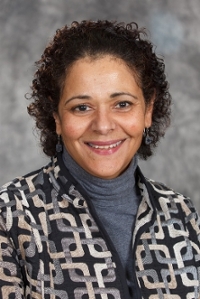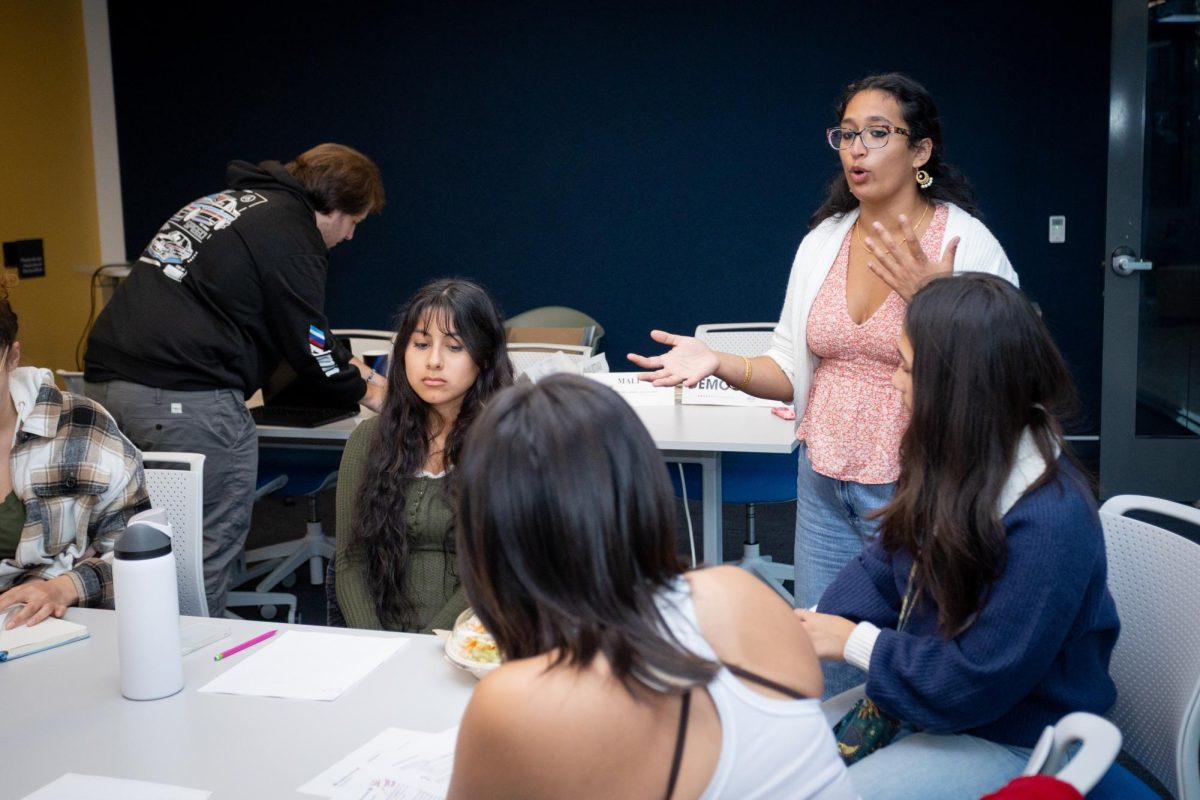Dr. Nawal Ammar has spent her life surrounded by education.
She was born in Beirut, Lebanon to a Lebanese mother and an Egyptian father. Due to a Civil War in Lebanon at the time, her family was forced to move out of the country. Ammar moved to England for her high school and early college education. After achieving her Masters of Science in sociology from Salford University in England, she traveled to the United States to pursue her doctorate in cultural anthropology at the University of Florida.
Ammar continued her career in education, which led her to become the dean of the Faculty of Social Science and Humanities at the University of Ontario Institute of Technology in Oshawa, Canada in 2007. Starting in August, Ammar will bring her educational background to Rowan University, where she will become the new dean of the College of Humanities and Social Sciences.
Before she was hired at Rowan, Ammar also worked in research departments in the United States that dealt with criminal justice, and at a sheriff’s department in Ohio.
“I [was] a criminologist,” Ammar said. “I study criminal justice and my areas of research are basically violence against women and immigrant women and all that it entails. Whether it’s domestic violence, or sexual harassment or stalking, I look at that area.”
After spending some time as a researcher, Ammar received a tenure track position at Kent State University in Ohio, and served as a faculty member. She worked her way up to a dean’s position over the course of 15 years at the university, continuing to investigate issues of social justice.
Rowan Provost James Newell believes Ammar’s past experiences will be very beneficial for the university.
“Often when we hire a [new] dean it is their first dean’s [sic] position,” said Rowan University Provost James Newell. “She was one of the people who came forward from the search committee, and when you looked at her [resumé], it was stellar. She has been a dean for the last seven years, so she understood the job and what would be expected.”
Ammar has published much of her research and has completed considerable work in social sciences fields. During one research project, she worked in a prison studying the radicalization of women inmates and Muslim inmates in American prisons.
“I think she is such a prolific scholar,” said Monika Shealey, dean of Rowan’s College of Education. “She has an interest in making life better for traditionally marginalized people. There is a willingness to learn about cultures, and it seems to carry through.”
Ammar believes education has the potential to change peoples’ lives if they are willing to accept new ways of thinking. Upon her arrival at Rowan, she hopes to build a sense of community on campus and use education to bring different kinds of people together. Ammar recognizes how the obstinate natures of people can affect a civilization negatively, as is demonstrated through the ongoing events of the Middle East and her home country. Yet, despite everything, she believes that life will only get better through new and progressive ideas, not traditions based on faith and narrow-minded thinking.
“Good higher education often breaks barriers between cultures and people,” Ammar said. “This is because it lets people become critical thinkers, which in turn allows them to be open to new ideas, comfortable with the unfamiliar, and, hence, receptive to change, difference and novel ways of doing things.”
For comments/questions about this story, email [email protected] or tweet @thewhitfeatures.


































































































































































































